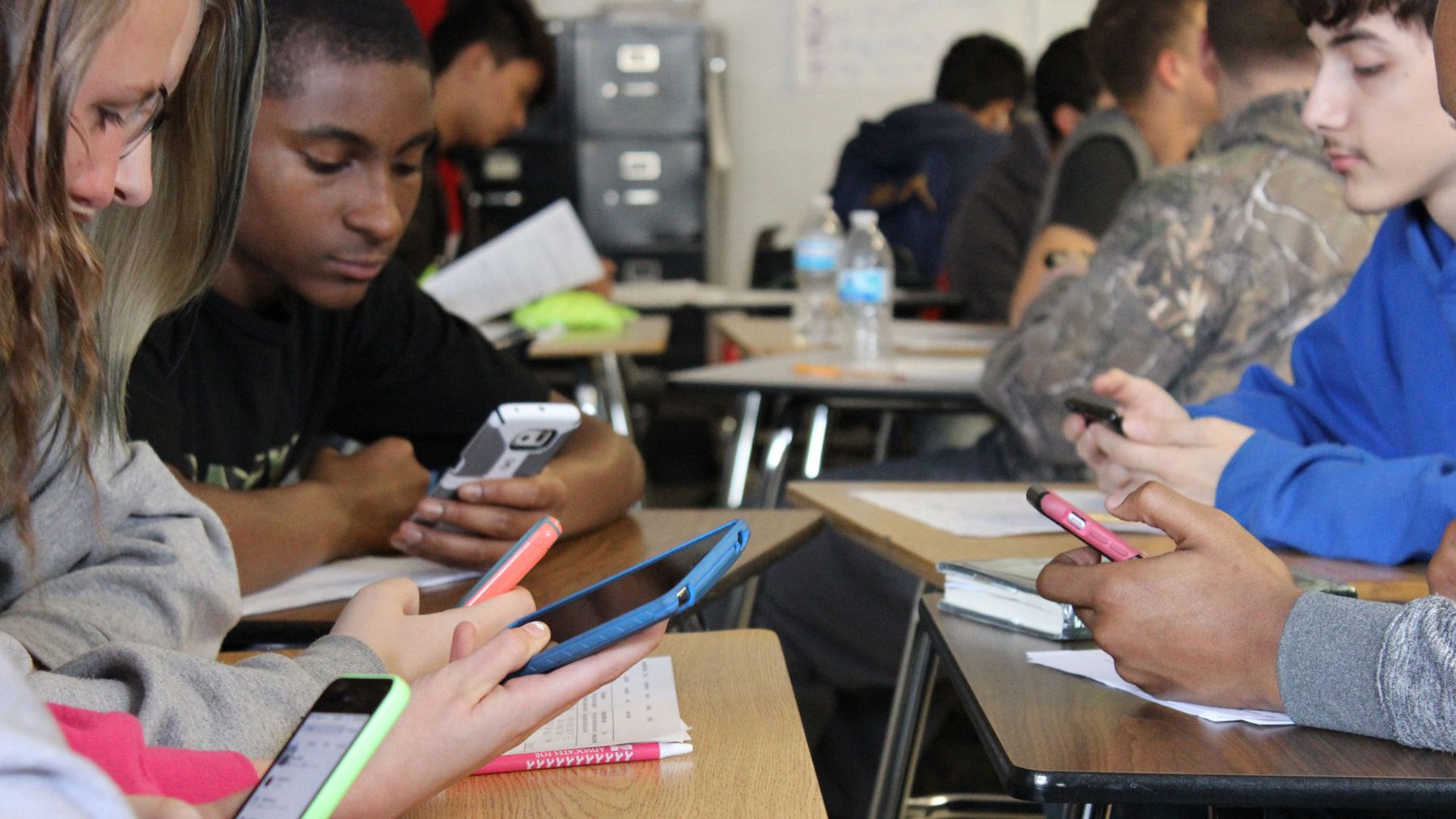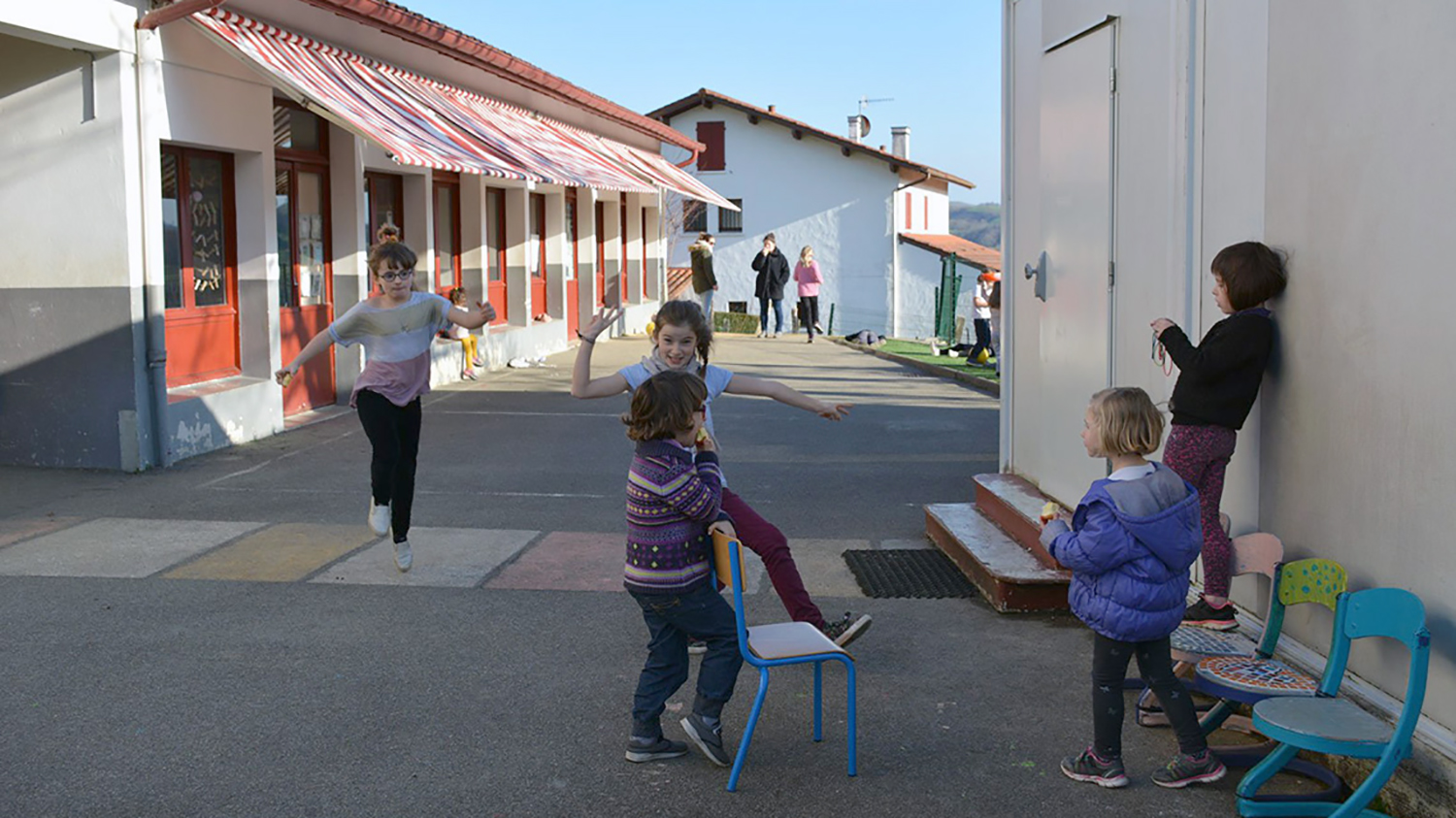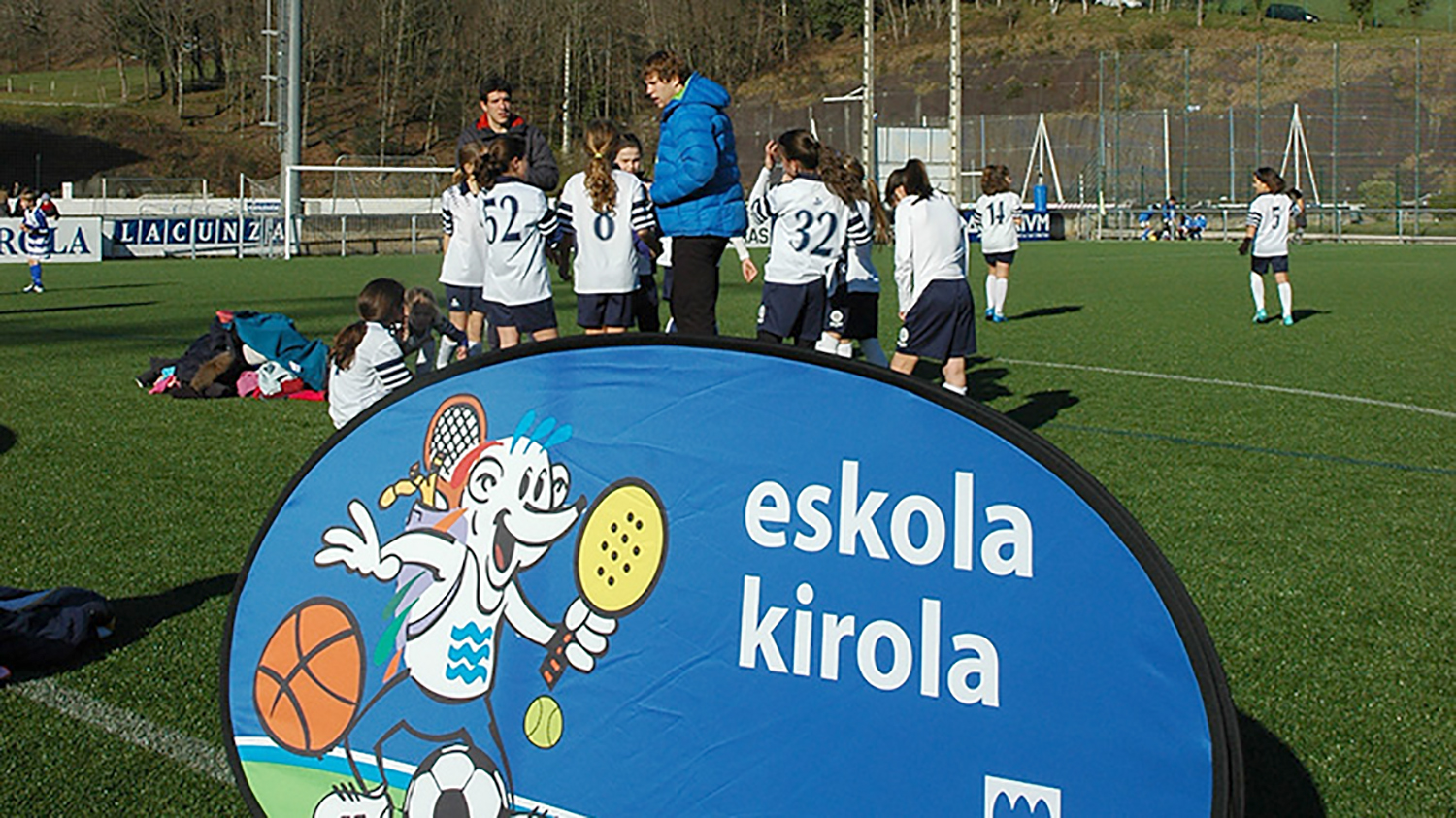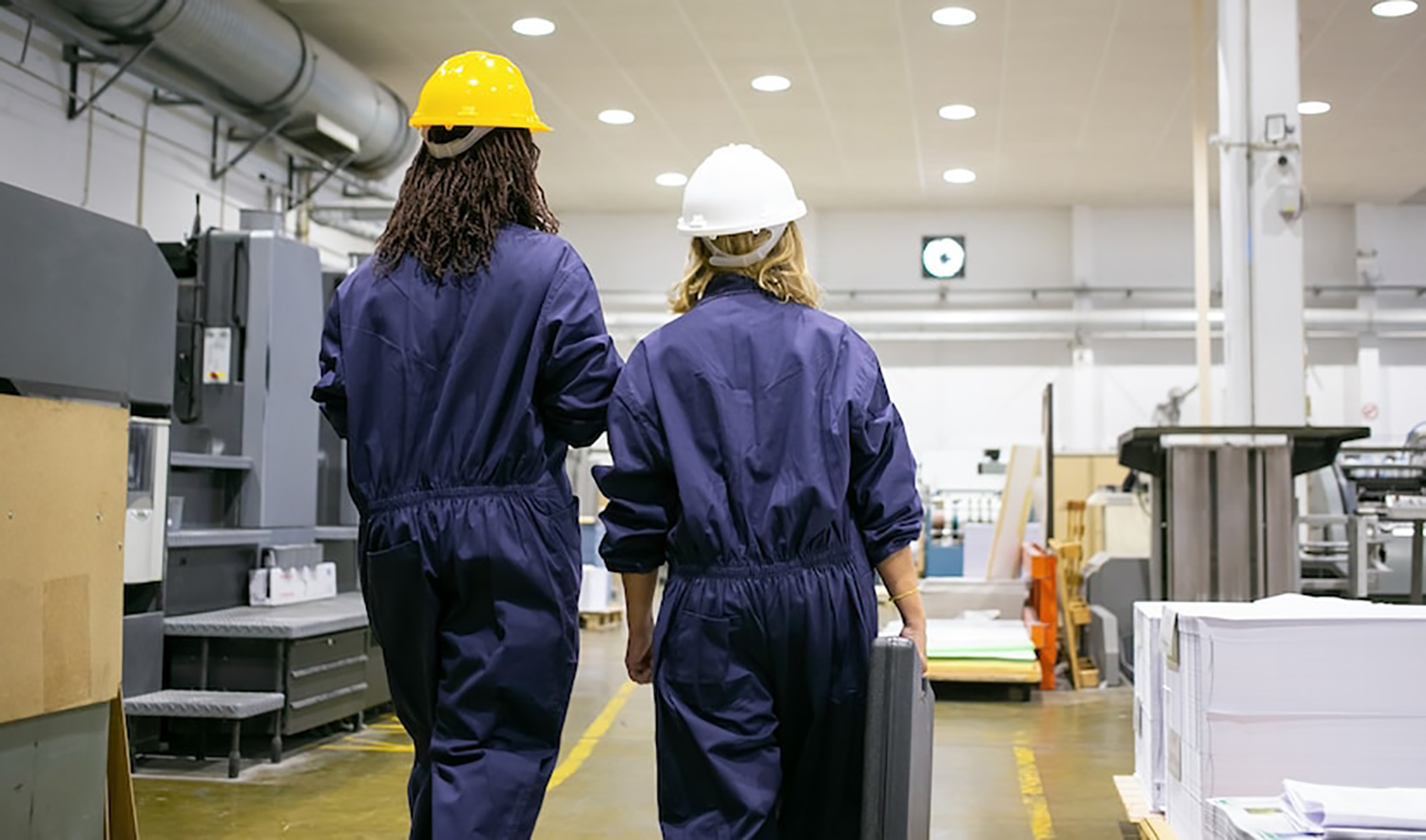No computers or mobiles in university classes
- No computer, no mobile phone in class and handnotes. A professor experiences in the third grade of the university, especially with the objective of increasing the concentration and attention of students. Overcoming the initial resistance of the students, the result has been positive.

In the generalization of laptops and tablets in university classes, his subject of Communication has been qualified as “space without pixels” by the professor of a public university in Madrid for ten weeks. “The goal has been not to mislead your former row partner with what you’re seeing on YouTube or Tik Toke and not fall into the temptation of notifications.”
Initially, the students were suspicious of the proposal, but the teacher said that the complaints were quickly concluded, and she stressed that in addition to their master classes, students have access to a large number of materials (basic PDF readings, graphic presentations, bibliography, articles...).
What have been the consequences of manual notes taking and eliminating the technological class? The test for this quarter was passed by 77% (15% with the Outstanding Rating). The students have also completed the anonymous evaluation survey, and almost all say that they have focused more on the class without screens and taking notes by hand (97.3%), and that they have better internalized the classes (92%). The experience has been positively valued by the students and has been one of the most repeated phrases used to improve concentration, attention and memory. The worst thing is that they have struggled to keep pace with the professor's explanations, as they have taken longer to take notes in writing by hand than by computer.
Almost all students say that without a screen and with the handnotes they have focused more on the class (97.3%) and have better assimilated the classes (92%)
Digitisation of education under debate
The process of digitalization experienced by education and the place that technology has to have in education is currently being discussed. In Sweden, the digitisation plan for schools will be suspended and textbooks will be recovered; in the French State, the CoLINE group has denounced that schools are filling directly with digital screen and technology and that a dangerous and thoughtless path is being made.
Unesco itself issued a warning last July: Technology in education: a tool, for what benefit? In the report, he recalls that the process of implementing technology at school requires reflection, considering that the excess of technology, the lack of qualified faculty or the implantation of technology by pure technology does not benefit students and teachers. The report also refers to the pressure being exerted on education systems by the accelerated pace of technological transformation.
More on the subject:
- "Harnessing some technology in education is good, but harnessing a lot is not helpful."
- "They report that overexposure to screens is normalizing in school."
- "Sweden will suspend the school digitization plan and recover textbooks."
The Department of Education doesn't understand why public employees have gone on strike. He's got to ask the LAB Syndicate. This union signed an agreement with the department in April 2023. Two years later they have also called for a strike because, unlike the previous ones, the... [+]
Erretiratu berri den lankide-ohi baten omenez, Historiako irakaslea. Bejondeizula!
Hezkuntza-legeek azpimarratzen dute zein garrantzitsua den ikasleengan pentsamendu kritikoa sustatzea. Baina irakasle-klaustroak, garai batean ideien eztabaidarako eta proposamenak... [+]
I received your e-mail in personal mail on the strike portals. At first, like many others, I thought it was to let you know what options we have in the face of the strike. But no, the e-mail received was a political and communicative movement against the strike.
I will confess... [+]









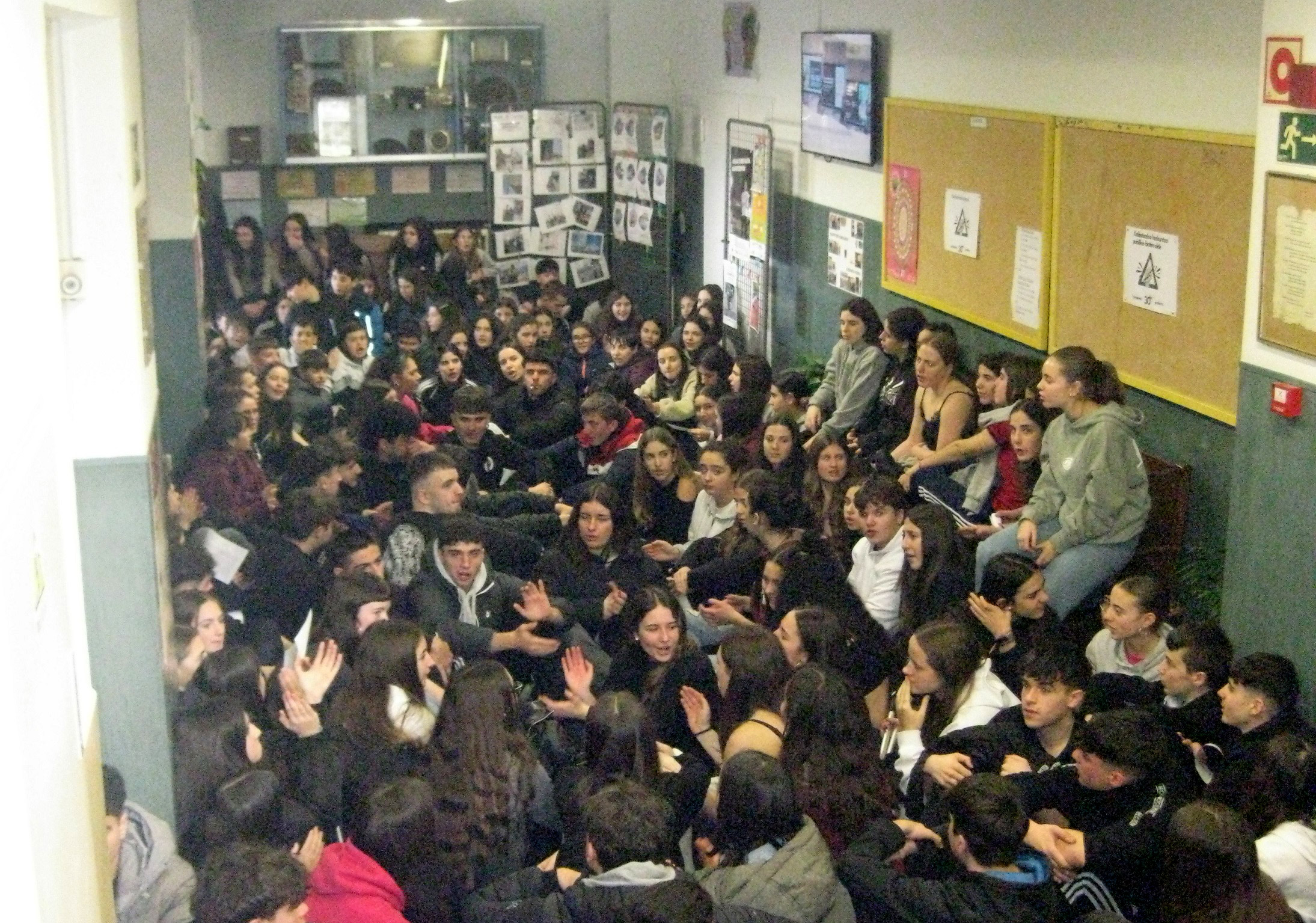

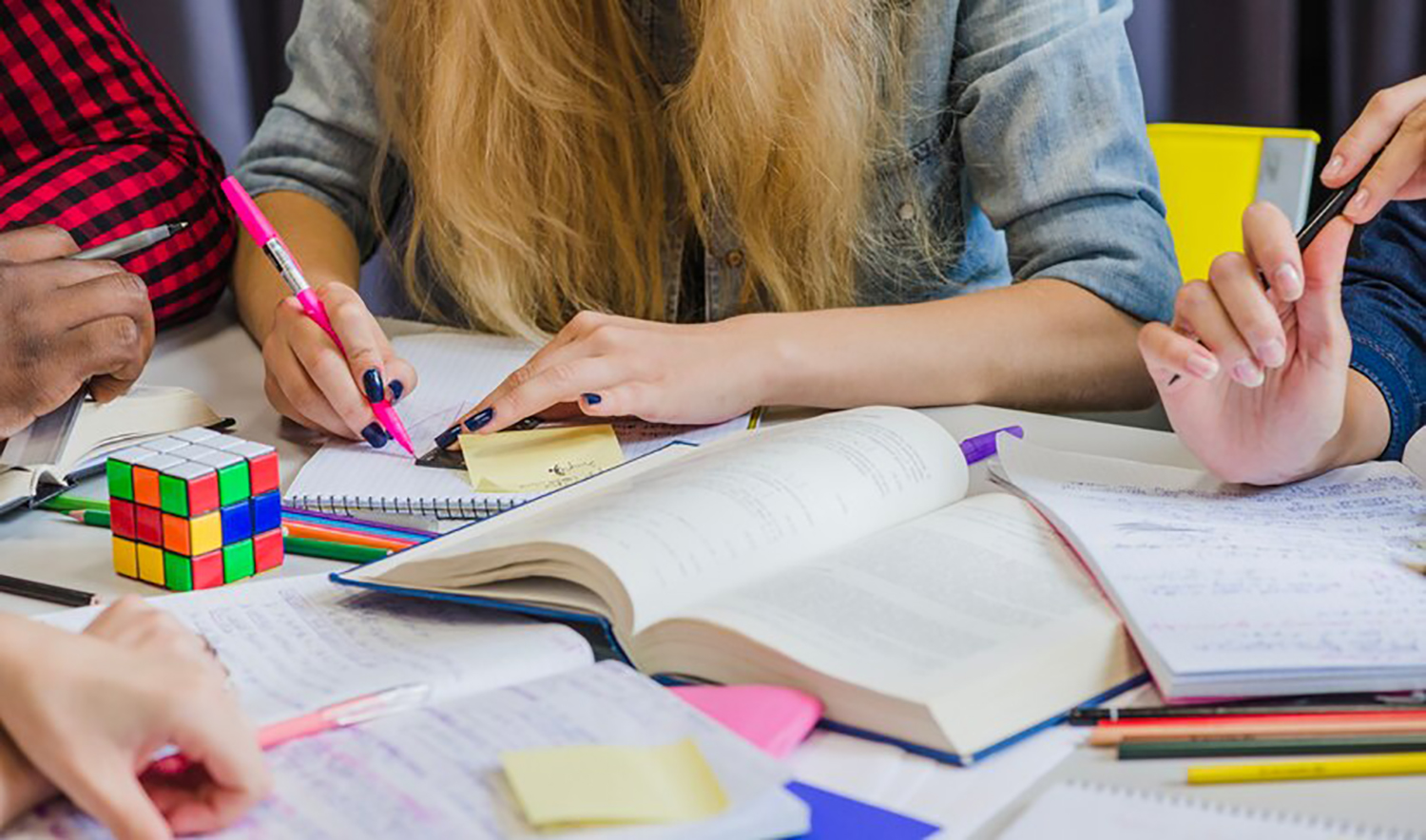

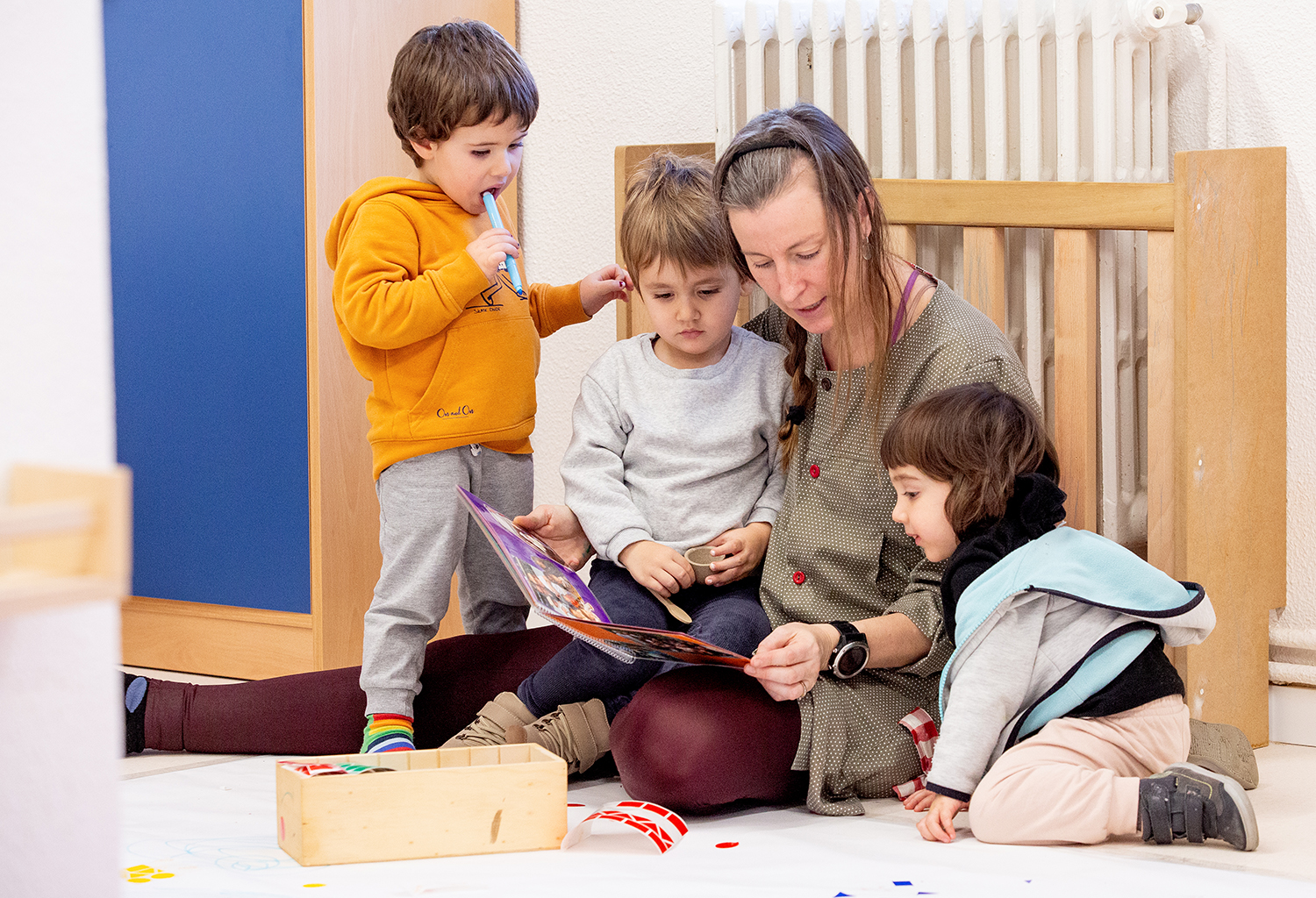
.jpg)

